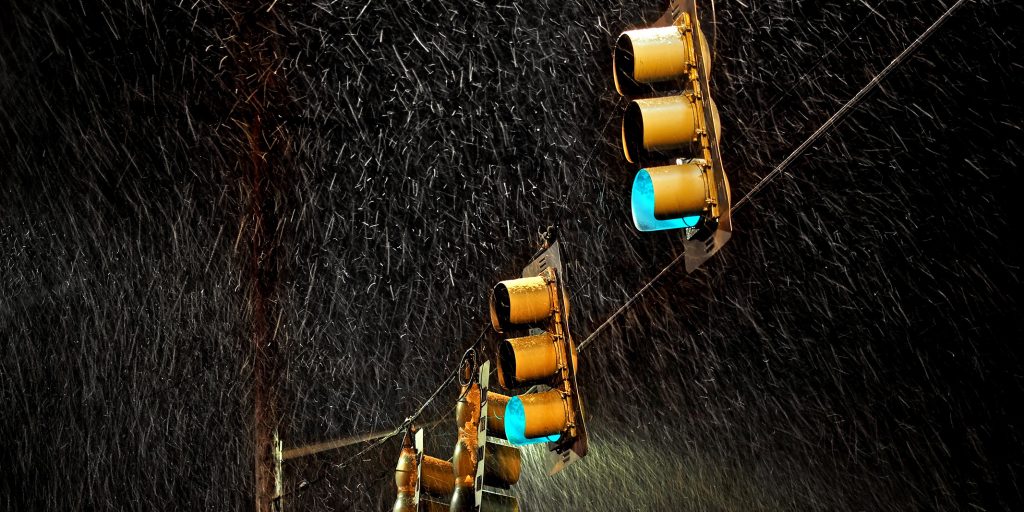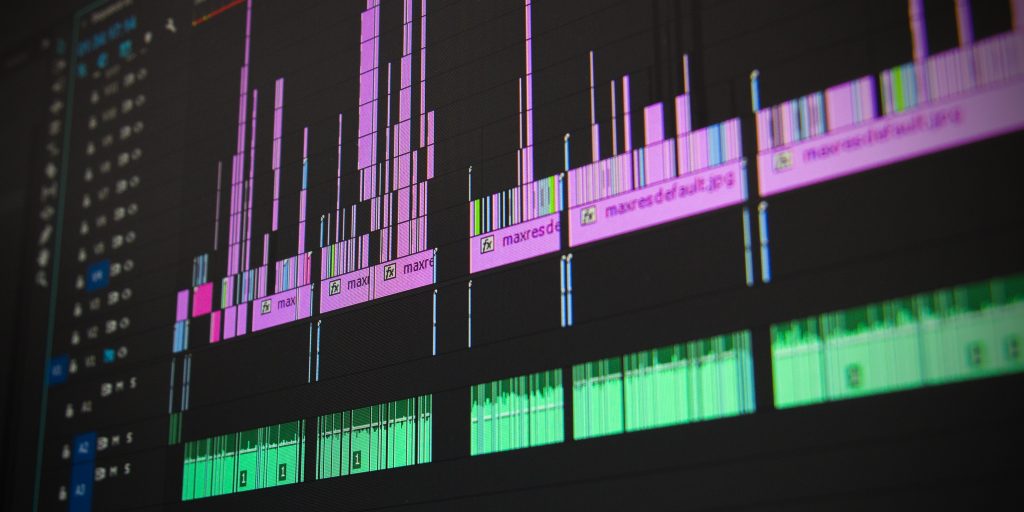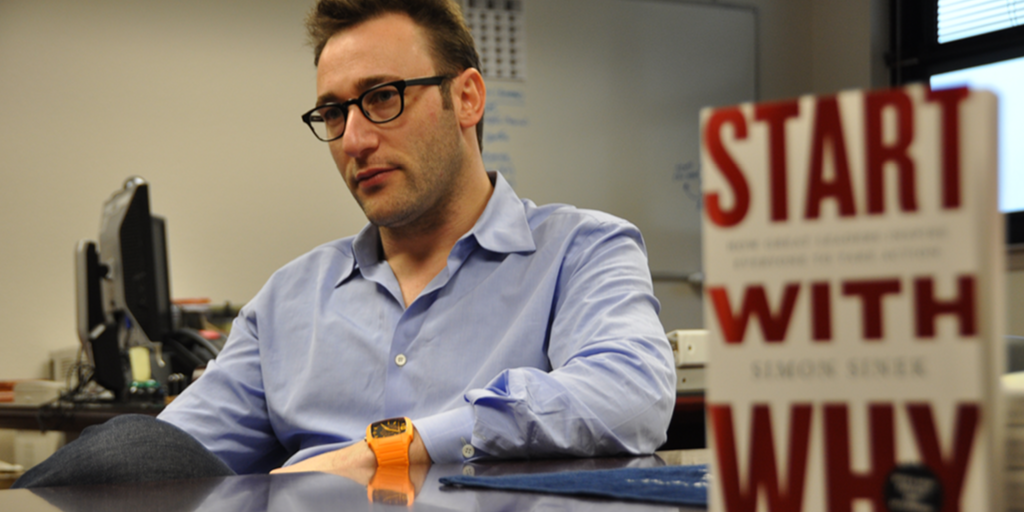Insight article

Welcome to the next episode…
The new year has already brought a spate of major events that have signalled what is to come in the third decade of this millennium. Climate change, Big Tech, Brexit and the upcoming US election are all big issues that are likely to dominate our headlines in 2020 and beyond. At The Storytellers, we not only work with narrative structure, but we think in it. And as we launch into the next decade, we have a distinct feeling that we are moving into the third episode of a story.
We know that all great stories have underlying structural similarities. Since humans started telling stories at the dawn of time, motifs in fiction have reoccurred time and time again. As John Yorke has written, ‘all stories are forged from the same template’. The three-act structure, or the trilogy, can be traced through epic stories ranging from J.R.R. Tolkien’s The Lord of the Rings, to George Lucas’s film franchise Star Wars. Such works are defined by their episodic style and diversity of self-contained journeys. Indeed, episodic storytelling is the art of telling the story of an epic journey via fractural, smaller-scale episodes that are interconnected and link thematically. This tripartite narrative structure is often referred to as having three acts: the Setup, the Confrontation and the Resolution.
So, how did this epic story start? In narrative fiction, the first act sets up the world in which the characters live, and our story starts with a party. The first decade was welcomed with a swell of optimism and positivity; we all remember the worldwide celebrations that brought in the millennium.
However, this ‘ordinary world’ is then disrupted by an inciting incident that confronts the protagonist and challenges their way of life. The legacy of the 2000s has been defined by two major, inciting shocks to the world: 9/11 and the 2008 financial crash. It would not be exaggerating to argue that these two events changed the world. They revealed the dangers of technology, incited widespread outrage and long-lasting pain.
The way global leaders responded to these events has defined our present. After 9/11, in the U.S., Bush launched the War in Afghanistan and a new narrative of foreign policy for the West was instigated. The costs of the attack have been estimated at $2.126 trillion including the immediate physical damages of the attack, the long-term increased defence spending and the general war costs (Amadeo, The Balance). 9/11 can be seen as part of a chain of events that led to the U.S. debt crisis and exasperated the 2008 crash. The implications of the austerity and inequality that followed arguably drove voters to populist politics – resulting in the presidency of Donald Trump and the ascendancy of right-wing ideology.
These global shocks took us out of our ordinary world and threw us into the second episode. In this act we find the ‘rising action’ as the protagonist attempts to resolve the problem initiated in Act One, but often finds themselves in even murkier waters. Consider the second novel in Tolkien’s trilogy, The Two Towers; the book sets up multiple conflicts and creates even more questions for the reader. As the journalist John Lanchester states in a seminal article about the 2008 crash, ‘the crisis exacerbated fault lines running through contemporary societies, fault lines of city and country, old and young, cosmopolitan and nationalist’ (The Times, 2018). For the UK, these fault lines culminated in a final battle: Brexit. Ultimately, the 2010s were a bit of a slog, an episode of hardship during which protagonists were unable to resolve their problems. Since 2010, the UK has been dominated by austerity measures that have cut nearly £30 billion to welfare payments, housing subsidies and social services (Mueller, NY Times). In addition, businesses have been hurt and their confidence rocked. This period of stagnation is dramatized in the final imagery of The Two Towers. As Frodo lies paralysed and comatose at the end of the book, he is a far cry from his heroic self.
So we arrive into the 2020s armed with new knowledge and new questions. We may be exhausted, but we are ready to fight again. We now know that as a nation we will live outside the EU, we hope to come out of austerity and find new ways of working with technology. The government has pledged to reinstate the 20,000 police officers lost during austerity and deliver 50,000 more nurses. The Australian bush fires have demonstrated the true scale of climate change, and we know that we must work fast to halt further global warming. Businesses will move towards sustainability and act to reduce their carbon footprint more than ever. We have seen the impact of technology and recognise the need for positive innovation. Already, social movements such as ‘tech for good’ are helping businesses deliver sustainable development goals and social value through technology.
The third act is one of resolution and the tying up of loose ends. Of course, no final film or book ever goes without its major battles or dramatic events – we expect lots of these in the next decade. However, we are now at a point where we are looking for solutions, rather than inciting drama. Y.B. Yeats said that “Life is a spiral staircase… the journey is both repetitious and progressive; we go both round and upward”. Indeed, just like every chapter, every decade has its own arc – a repetition that is mirrored throughout our own lives. And while sometimes it feels like we are stuck in a rut – like the unwitting hero Frodo Baggins during The Two Towers who is wracked with doubt and loathing. In reality, we are always learning, moving forward and progressing. In this new decade we might just see the hero resolve the journey, and the ongoing battles finally subside.
The previous two decades have reiterated that change is an inevitable, posing a continual challenge to both organisations and wider society. This ongoing sense of turbulence and change has developed the notion of ‘VUCA’, the concept that we live in volatile, uncertain, complex and ambiguous times. Leaders have to keep pace with the world around them and need new approaches to do so. We’ve found that narrative is an essential component for businesses to embark on a successful change journey. In this world of episodic stories, businesses can anchor themselves with a strong narrative that connects them to reality and the everyday stories that surround us. If the epic journey is made clear, then the path forward into the highly unpredictable next decade will be less foreboding. Rather, we can see the future as an exciting challenge for us all.
Happy 2020!






